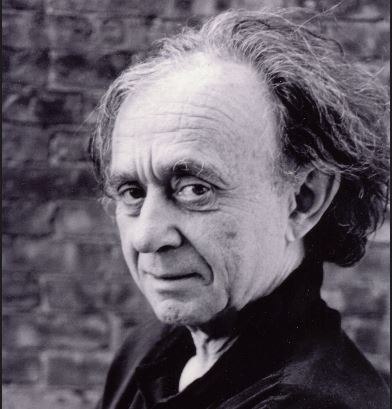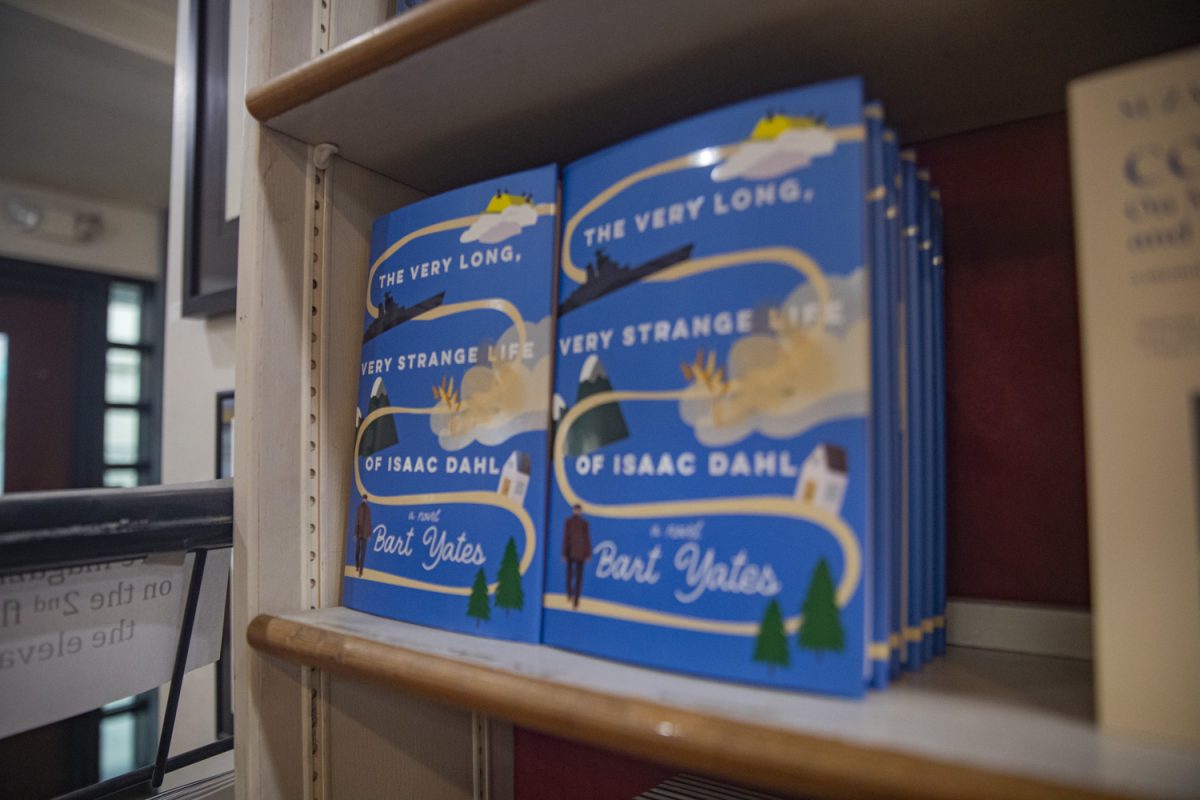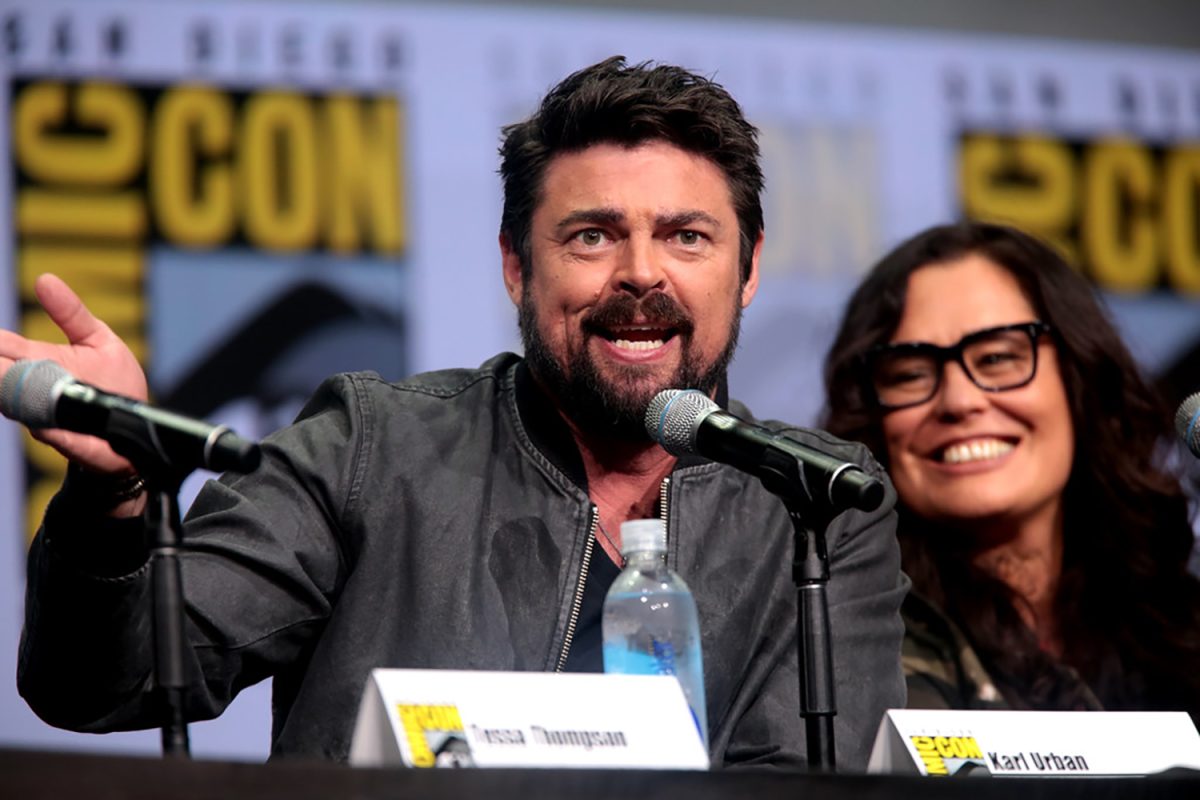Frederick Wiseman will not be stopped. Since the famed documentarian produced his first film, The Cool World, in 1963, he has gone on to produce and direct more than 40 films during the next 50 years. With this year’s release of the excellent In Jackson Heights, his 40th documentary, he shows no signs of slowing down.
Wiseman’s documentaries seem to be primarily concerned with providing an insight into the many manifestations of the human condition and the institutions created therefrom. His catalogue includes films about the National Gallery in London, the training process U.S. Air Force pilots go through before being cleared for duty, and the inner workings of the Metropolitan Hospital Center in East Harlem. Shot without narrators, Wiseman’s films seek to tell stories through experience rather than description.
His newest documentary’s subject, Jackson Heights, is a neighborhood in Queens, New York, with one of the most culturally diverse populations in the country; more than 125 languages are spoken among the 130,000 residents. Exploring how the ethnic, religious, and cultural distinctions in the community integrate instead of isolate members, the film offers a remarkable portrait of the vast (and, in the rest of the U.S., largely unrealized) potential of cultural diversity.
Two days before an exclusive screening of In Jackson Heights at FilmScene, 118 E. College St., (where Wiseman himself will be present, through Skype, for a discussion of the film) The Daily Iowan spoke with the legendary director.
Like his films, this interview serves as a work better deciphered than summarized. Instead of chopping it up and weaving it into another article, we present it here in its original form, allowing the reader the challenge and the joy of drawing conclusions.
Wiseman answers a series of questions about In Jackson Heights, his creative process, and the implications of his work. His concise, considered answers come across as a somewhat ironic combination of ambiguity and straightforwardness; as much of his answers are contained in what he doesn’t say as are in what he does say.
DI: Naturally, there are unique motivations that drive the creation process with all films; what specifically drew you to Jackson Heights, and what do you hope the film accomplishes?
Wiseman: I wanted to make a movie about the new generation of immigrants to America and thought Jackson Heights a place where I could document the subject.
DI: In a global political climate flooded with anti-immigration rhetoric (visible in the U.S. with Donald Trump and Ted Cruz, specifically, and in France with Marine Le Pen, for example), In Jackson Heights serves as a necessary portrait of cultural integration and even codependence. Although it seems inane to call something so fundamental to humanity as cultural integration a “political message,” was there a conscious decision on your part to make any sort of statement on diversity?
Wiseman: It is impossible to make a movie about Jackson Heights without it being a comment about diversity.
DI: For In Jackson Heights, specifically, how did you decide what to film? Did you search through community event calendars, for example, or were most of those decisions made based on word of mouth?
Wiseman: The choice of what to film is based on chance, judgment, luck and the use of informants, i.e. people who know more about the place than I do and make suggestions, which I sometimes follow but always check out.
DI: How many hours of footage did you originally film before editing it down to this? Is there anything you wished could’ve made it into the movie?
Wiseman: I had 160 hours of rushes. This means I used about one-50th of the material. I used everything I thought fit the film.
DI: You have one of the largest and most diverse oeuvres of any director working today — visible even in your jump from National Gallery to In Jackson Heights — how do you decide what to film? What strikes you first about a given subject that tells you it needs to be documented?
Wiseman: I make movies about any subject that interests me at the point that I am ready to make a new film. There is always some subjective assessment of the possible content and its visual interest.
DI: In a way, this film transcends politics, showing that people can coexist and strive together as a community regardless of their ethnicity or religion; what would you say to someone who might align themselves with Donald Trump or Marine Le Pen’s views on immigration and diversity? Is this movie still for them?
Wiseman: I would hope they would see the movie (highly unlikely) and think about the complexity of what they are seeing as compared to the simplicity of their views.
DI: It’s not just cultural diversity that the film seems to be commenting on, but global capitalism itself (in the form of gentrification and the building of the mini mall/GAP). Was this intentional, and do you see a connection between these two topics?
Wiseman: Everything in the film is the result of a conscious choice.
DI: One of the most striking scenes to me was the parade and seemingly peaceful riot that broke out after Colombia won its World Cup match, when the police began rounding up people and the audience sees a group of activists in “Cop Watch” T-shirts filming the arrests. Did you begin work that day expecting this sort of thing to occur or did you just notice it happening and start filming?
Wiseman: I never try to predict what will happen but try to be present when I think events of interest for the film might occur.
DI: One aspect of *In Jackson Heights* (and many of your other films) that strikes me the most is how you are able to maintain such meticulous control when dealing with factors and environments that are inherently uncontrollable. How do you achieve this balance?
Wiseman: I have “meticulous control” during the editing. The filming is, as I stated above, a combination of judgment, luck, and chance and recognizing the implications of what is being shot.
DI: Finally, what’s next? Do you have any current projects you are working on, or plans for another film?







